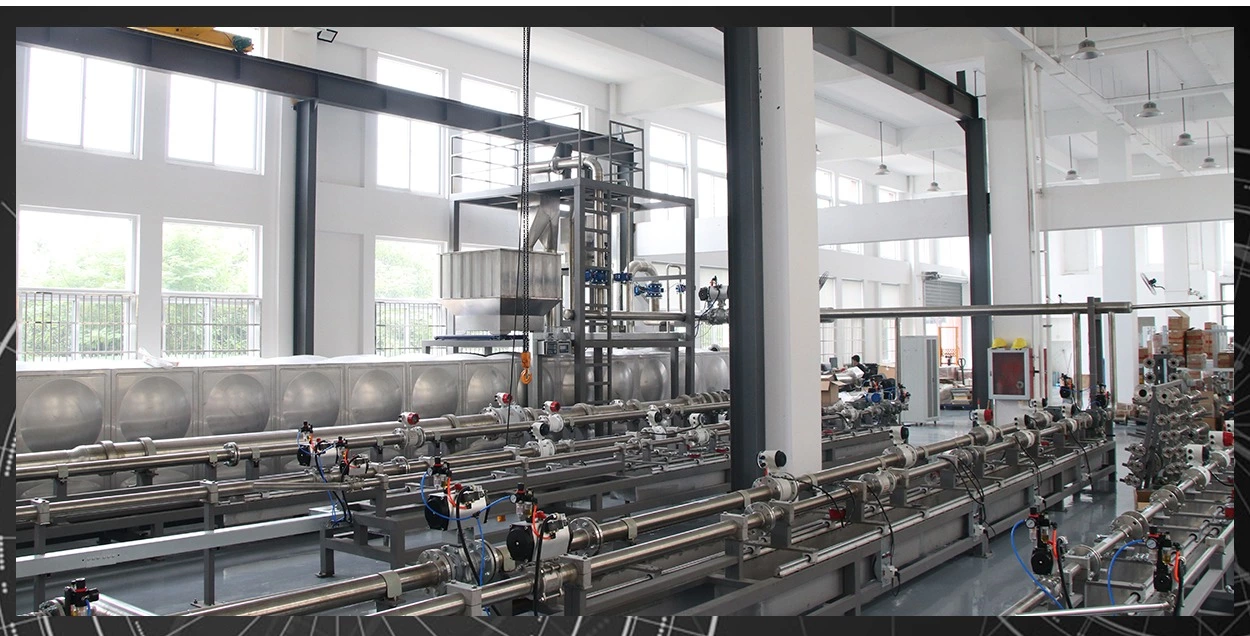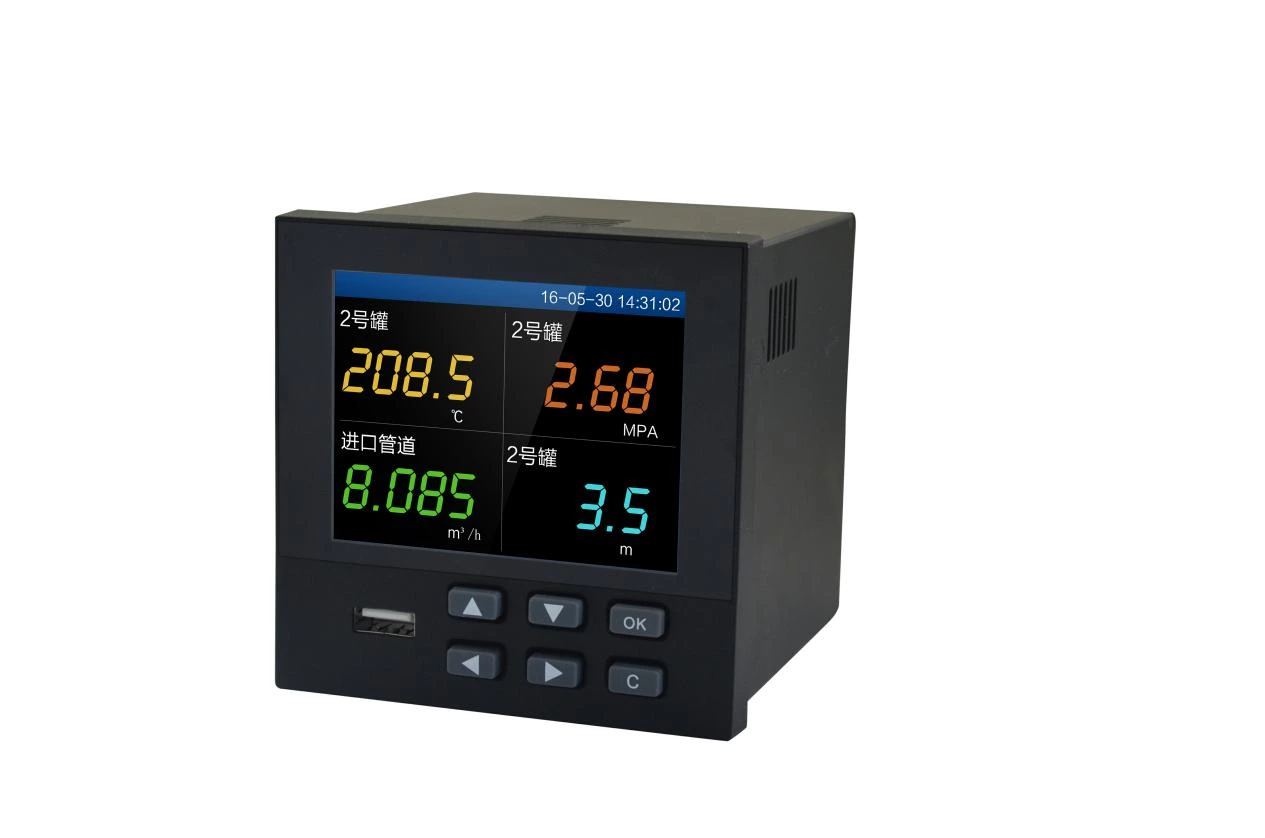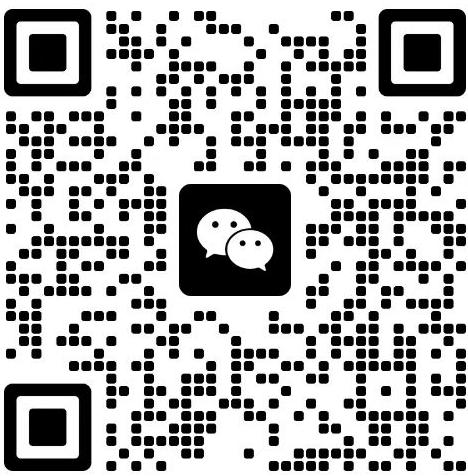Automation Encyclopedia-Absolute Error, Relative Error, Reference Error
In the parameters of some instruments, we often see accuracy of 1% FS or 0.5 grade. Do you know the meaning of these values? Today I will introduce the absolute error, relative error, and reference error.
Absolute error
The difference between the measurement result and the true value, that is, absolute error = measurement value-true value.
For example: ≤±0.01m3/s
Relative error
The ratio of the absolute error to the measured value, the ratio of the commonly used absolute error to the value indicated by the instrument, expressed as a percentage, that is, relative error = absolute error/value indicated by the instrument × 100%.
For example: ≤2%R
Citation error
The ratio of absolute error to range is expressed as a percentage, that is, quoted error=absolute error/range×100%.
For example: 2%FS

Quotation error, relative error, and absolute error are the representation methods of error. The smaller the reference error, the higher the accuracy of the meter, and the reference error is related to the range range of the meter, so when using the same accuracy meter, the range range is often compressed to reduce the measurement error.




